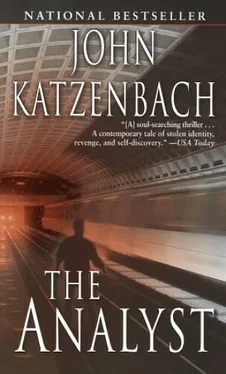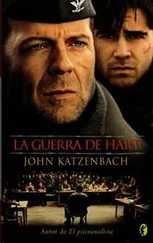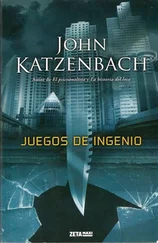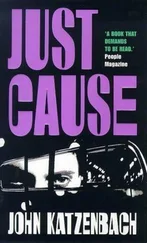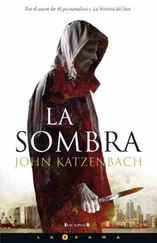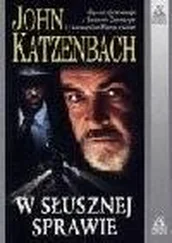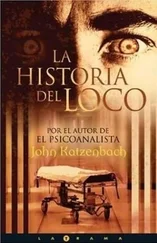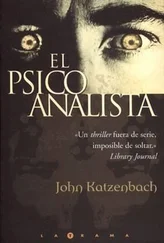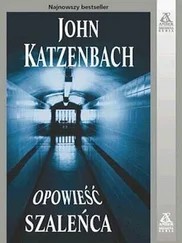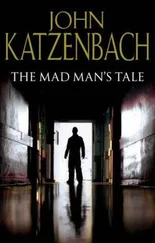The couple who took in the three abandoned children was Howard and Martha Jackson. An address in West Windsor, a semisuburb, semifarmland locale a few miles away from Princeton, was given, but no other detailed information about the parents. They had taken all three children, which interested Ricky. There were questions in how they’d managed to stay together that were as potent as why they weren’t separated. The children were listed, as male child Luke, twelve years; male child Matthew, eleven years; and female child Joanna, nine years. Biblical names, Ricky thought. He doubted that these names had remained connected to the children.
He made several computer sorties, but drew blanks. This surprised him. It seemed to him that there should have been some information available floating around in the Internet. He checked the electronic white pages, found many Jacksons in central New Jersey, but no name that dovetailed with those he had on the meager sheaf of papers.
What he did have was an old address. Which meant that there was a door he could knock on. It seemed his only alternative.
Ricky considered using the priest’s garb and fake leukemia letter, but decided they had served their purpose once, and were best saved for another occasion. He ceased shaving instead, rapidly growing a spotty beard, and ordered a mock identification card from a nonexistent private detective agency over the Internet. Another late-night inspection of the drama department’s wardrobe room provided him with a fake stomach, a pillow-type device that he could strap beneath a T-shirt and which made him appear to be perhaps forty or fifty pounds heavier than his lean figure actually was. To his relief, he also found a brown suit that accommodated the extra girth. In the makeup cases, he also uncovered an extra bit of help. He slipped all the necessary items into a green garbage bag and took it home with him. When he got to his room, he added his semiautomatic pistol and two fully loaded clips to the bag.
He rented a four-year-old car that had seen better days from the local Rent-A-Wreck, which generally provided for students, and seemed more than willing to take his cash with few questions, the clerk dutifully taking down the information from the phony California driver’s license that he provided, and the following Friday evening, when he’d finished his shift in the maintenance department, started driving south toward New Jersey. He let the night surround him, allowed the miles to hum beneath the tires on the rental car, and drove rapidly but steadily, a constant five miles per hour above the posted speed limit. Once he rolled down the window, feeling a breath of warm air slide into the car, and he thought that it was quickly approaching summer once again. If he’d been in the city, he would have begun trying to steer his patients toward some recognition that they could hold on to when his inevitable August vacation rolled around. Sometimes he could manage this, sometimes not. He remembered walking in the city in the late spring and early summer and how the flowers in the park and the burst of greenery coming forth seemed to defeat the canyons of brick and concrete that were Manhattan. It was the best of times, there, he thought, but elusive, replaced quickly by oppressive heat and humidity. It lasted just long enough to be persuasive.
It was well past midnight when he skirted the city, stealing a glance back over his shoulder as he cruised across the George Washington Bridge. Even in the dead of night, the city seemed to glow. The Upper West Side stretched away from him, and he knew that just out of his sight was Columbia Presbyterian Hospital and the clinic where he’d worked so briefly so many years earlier, oblivious to the impact of what he was doing. A curious blend of emotions slapped him, as he swept past the tolls, and arrived in New Jersey. It was as if he was caught in a dream, one of those unsettling, tense series of images and events that occupied the unconscious, that bordered on nightmare, just stepping back from that edge. The city seemed to him to be all about who he was, the car that rattled as he steered it over the highway represented what he’d become, and the darkness ahead, what he might be.
A vacancy sign at an Econo Lodge on Route One beckoned him and he stopped. The night desk was manned by a sad-eyed man from India or Pakistan, who wore a nametag that identified him as Omar, and who seemed a little put out that his half-sleep reverie was interrupted by Ricky’s arrival. He did provide Ricky with a street map of the area, before returning to his chair, some chemistry books, and a thermos of some warm liquid that he cradled in his lap.
In the morning, Ricky spent some time with the actor’s makeup kit in the bathroom of the motel room, giving himself a fake contusion and scar just to the side of his left eye. He gave the addition a purplish-red coloring that was bound to draw the attention of anyone he spoke with. This was fairly elemental psychology, he thought. Just as in Pensacola, what folks would remember there was not who he was, but what he was, here their eyes would be drawn to the facial blemish inexorably, not registering the actual details of his face. The scraggly beard helped conceal his features as well. The fake stomach hung beneath his T-shirt added to the portrait. He’d wished that he’d also gotten some lifts for his shoes, but thought he might try that sometime in the future. After dressing in a cheap suit, he stuck his pistol in one pocket, along with the backup clip of bullets.
The address he was heading to, he believed, was a significant step closer to the man who’d wanted him dead. At least, he hoped it was.
The area he drove through seemed to him to be curiously conflicted. It was mainly flat, green, countryside, crisscrossed with roads that probably had once been rural, quiet, and neglected, but now seemed to carry the burden of upscale development. He passed numerous housing complexes, ranging from the decidedly middle-class, two- and three-bedroom ranch houses, to far more luxurious, mock mansions, with porticoes and columns, bedecked with swimming pools and three-car garages for the inevitable BMW, Range Rover, and Mercedes. Executive housing, he thought. Soulless places for men and women making money and spending money as rapidly as possible and thinking that this was somehow meaningful. The blend of the old and new was disconcerting; it was as if this part of the state couldn’t make up its mind as to what it was and what it wanted to be. He suspected that neither the older farm owners, nor the modern business and brokerage types got along very well.
Sunlight filled his windshield and he rolled down the window. It was, he thought, a perfectly nice day-warm, filled with springtime promise. He could feel the weight of the pistol in his jacket pocket and he thought that he would fill himself with winter thoughts, instead.
He found a mailbox by the side of a back road in the midst of some remaining farmland that corresponded to the address he had. He hesitated, not at all sure as to what to expect. There was a single sign by the driveway: safety first kennels: boarding, grooming, training. breeders of “all natural” security systems. Next to this statement was a picture of a Rottweiler, and Ricky saw a little sense of humor in that. He drove down the driveway, beneath some trees that formed a canopy above him.
When he came out from under the trees, he pulled up a circular drive to a 1950s-styled ranch house, a single story, with a brick facade in the front. The house had been added onto, in several phases, with white clapboard construction that connected to a warren of chain-link enclosures. As soon as he stopped and exited his car, he was immediately greeted by a cacophony of barking dogs. The musty odor of waste matter was everywhere, gaining purchase in the late morning heat and sun. As he stepped forward, the racket grew. He saw a sign on the addition that said office. A second sign, much the same as the one by the driveway entrance, adorned the wall. In the kennel closest to him, a large black Rottweiler, barrel-chested and weighing over a hundred pounds, rose up on its hind legs, mouth open, baring teeth. Of all the dogs in the kennel, and Ricky could see dozens twisting about, racing, measuring the extent of their confinement, this one seemed the only one that was quiet. The dog eyed him carefully, almost as if it was sizing him up, which, he supposed, it was.
Читать дальше
